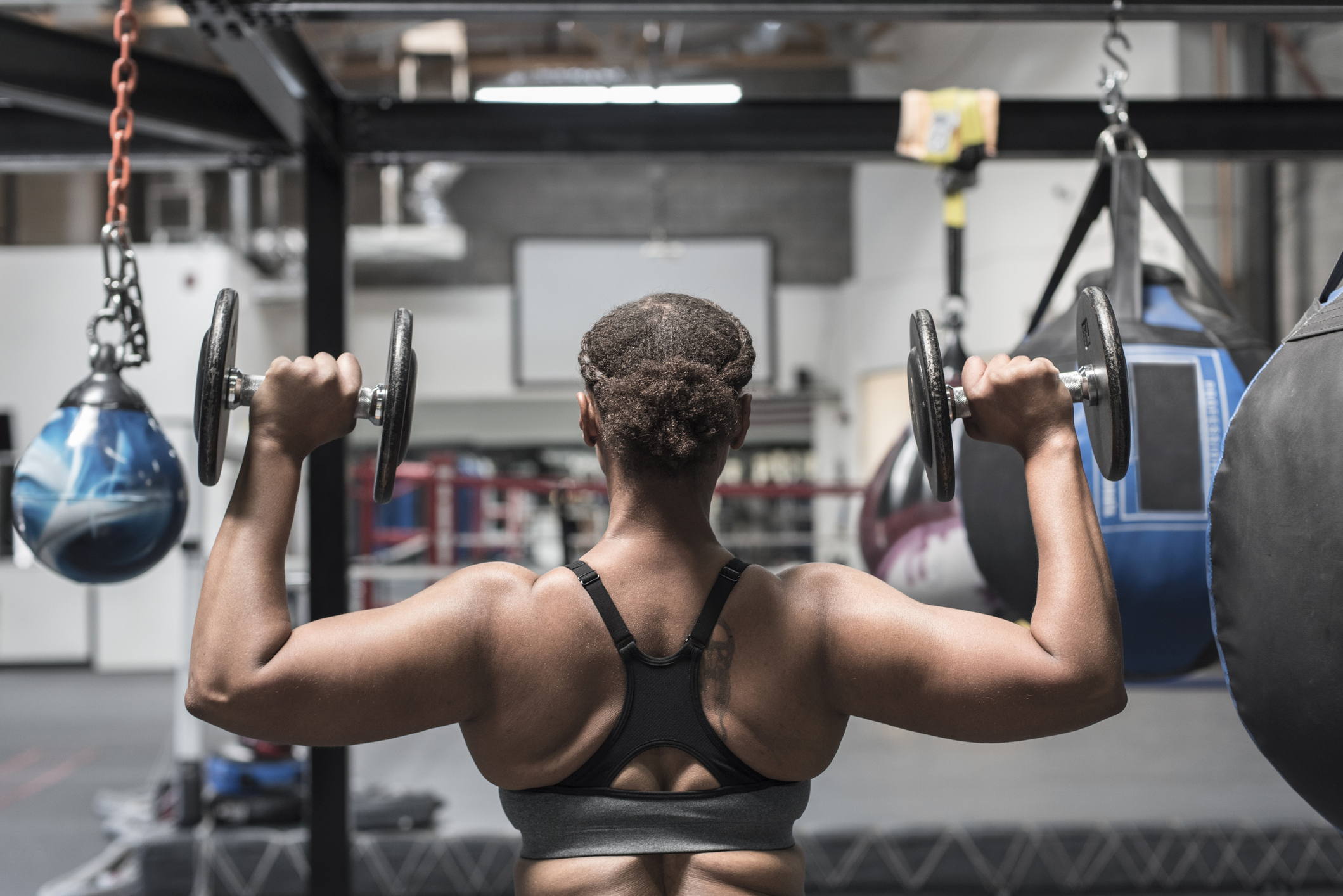Exercise before bed? This is when you should do your workout to get the best sleep
Here are the magic number of hours you should exercise before bed so that you can drift off to Neverland


Look, we totally get it: your schedule is packed. Exercise before bed is important, but sometimes those online pilates classes are scheduled a little too close to lights out.
Now, researchers are weighing in so that your workout is beneficial and your REM cycle is unaffected. Prepare to adjust your perfect workout schedule—you'll thank us later.
According to a study from Concordia University in Montreal, Canada, getting your blood flowing before turning in for the evening can be beneficial. However, it'll need to be done correctly.
Per the University's findings in the journal Sleep Medicine Reviews, you'll likely be able to get a better night's rest—which includes the promotion of sleep onset and increased sleep duration—if you call it quits with your fitness routine two hours before bed.
If you have a hankering for planks, sit-ups or any other type of fitness routine less than two hours before bed, you might not sleep terribly soundly, as participants in the study who did so had a harder time falling asleep. They also experienced a decreased sleep duration.
- The best workout clothes and activewear from ASOS, Nike, H&M, and more
- The best sleep trackers: learn about the depth and duration of your sleep
- Should you work out on an empty stomach?
Exercise before bed—the study's other takeaways
There are some other important findings from the Concordia University study:
- Early evening high-intensity workouts promote sleep onset and improved sleep
- High-intensity workouts with a duration of 30–60 minutes help improve sleep onset and duration
- Cycling exercises in particular help improve sleep onset and duration
- Regardless of time, high-intensity workouts slightly decrease the (REM) stage of sleep, which is associated with dreaming
"In the field of exercise and nutrition there are always a few 'it depends' scenarios," Sam Gwazdauskas, MS, CISSN, CSCS tells My Imperfect Life. "How intense is the activity? What does your pre/post-workout routine consist of?"
In agreement with the study's findings she weighs in on the two-hour rule: "If [high-intensity exercises] are performed less than two hours prior to bedtime, it simply takes longer for your body to relax and achieve a deep sleep."
The study's participants ranged in age from 18–50 and all were considered healthy sleepers. If you still feel like your eight hours is at risk for interruption, check out our expert tips for creating the perfect sleep environment. Ready to catch those Z's now?

Need a TV show recommendation? Maybe a few decor tips? Danielle, a digital news writer at Future, has you covered. Her work appears throughout the company’s lifestyle brands, including My Imperfect Life, Real Homes, and woman&home. Mainly, her time is spent at My Imperfect Life, where she’s attuned to the latest entertainment trends and dating advice for Gen Z.
Before her time at Future, Danielle was the editor of Time Out New York Kids, where she got to experience the best of the city from the point of view of its littlest residents. Before that, she was a news editor at Elite Daily. Her work has also appeared in Domino, Chowhound, and amNewYork, to name a few.
When Danielle’s not writing, you can find her testing out a new recipe, reading a book (suggestions always welcome), or rearranging the furniture in her apartment…again.